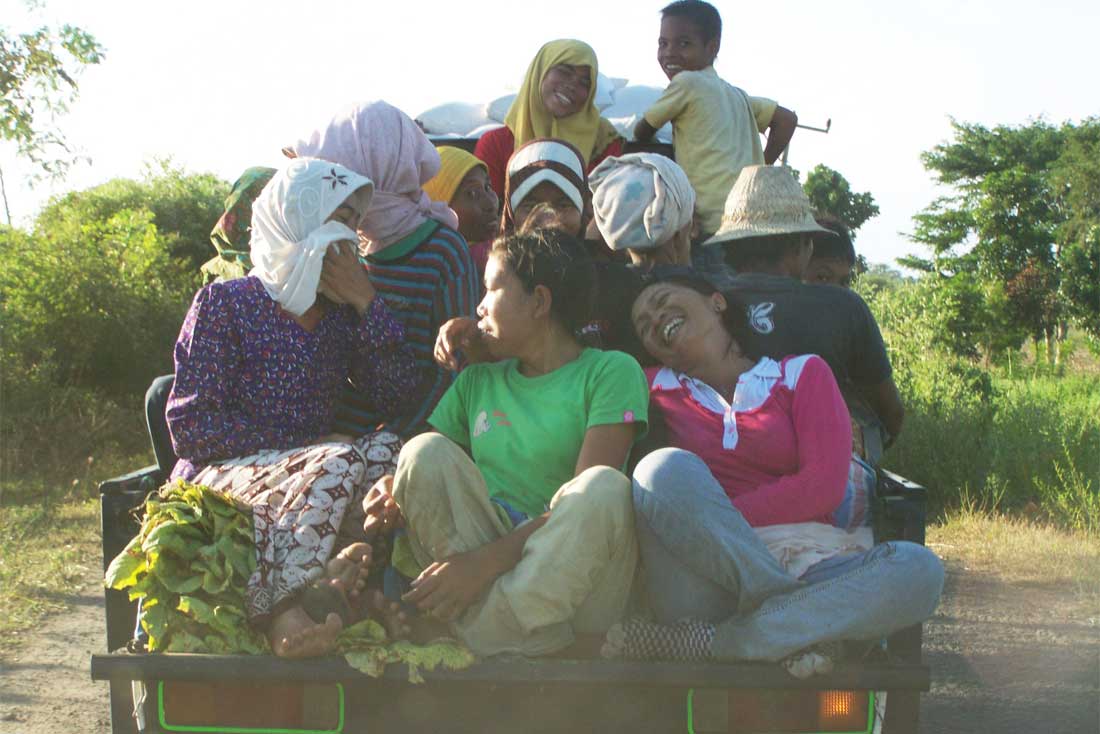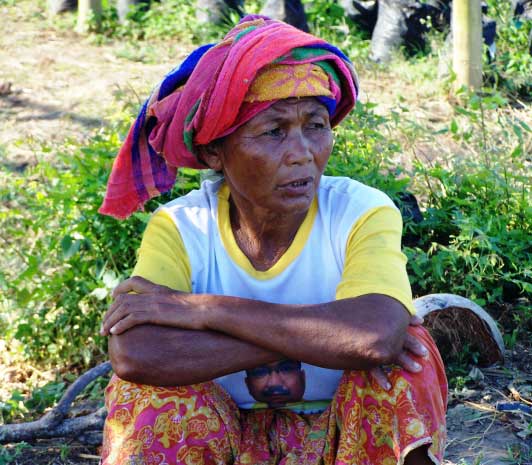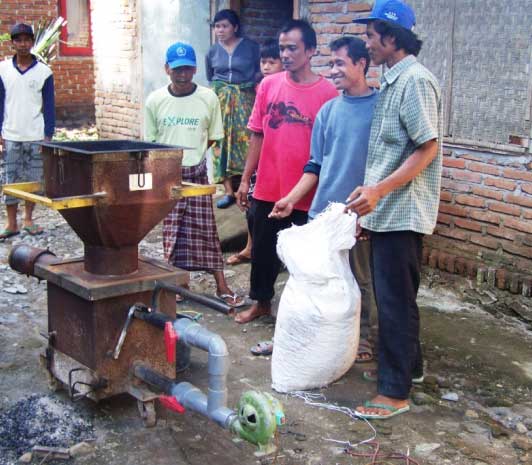STC contributes technological resources and alternative biofuel materials to the Lombok Biomass Energy Initiative
Over the last two decades, Lombok Island in Indonesia has faced interrelated threats to its energy supply, landscape integrity, water security, and local economy. Prior to the last decade, kerosene functioned as the predominant source of fuel for both household use and agricultural processing.
The Lombok Biomass Energy Initiative’s primary goal was to establish a sustainable supply chain for biomass energy production, processing, and marketing for use in households and rural industries in Lombok. To help the Indonesian government’s goal of eliminating subsidized kerosene, STC worked with the Lombok Initiative to develop alternative biofuels and establish a sustainable supply chain for biomass energy production, processing, and marketing for use in households and rural industries in Lombok.
STC successfully demonstrated the technical and financial viability of the Indonesian Palm Oil Kernel Shells (POKS) from Sumatra and Kalimantan and Candlenut shells from Lombok and Nusa Tenggara Timor province (NTT) as an alternative biomass fuel biofuel to create income opportunities for farmers, help alleviate poverty, reduce dependency on fossil fuels, promote biodiversity and carbon conservation, and enhance water security in Lombok and surrounding islands. Additionally, STC supported the development of improved drying kilns using small-scale gasification technology.
In 2012, STC distributed over 1,200 tonnes of Roundtable on Sustainable Palm Oil (RSPO)-certified sustainable palm kernel shells and 400 tons of candlenut (kemiri) shells from stable agroforestry systems as feedstock for small-scale gasification units to over 1,050 farmers drying agricultural products. By 2015, STC had distributed over 40,000 metric tons of biomass fuels to over 8,000 farmers.
Our funders, partners and collaborators for this initiative included: Dutch NL Agency Global Sustainable Biomass Fund (GSBF), Fauna & Flora International (FFI), PT. Export Leaf Indonesia (ELI) (a subsidiary of British American Tobacco (BAT)), and various local small-scale producers, entrepreneurs and NGOs.


